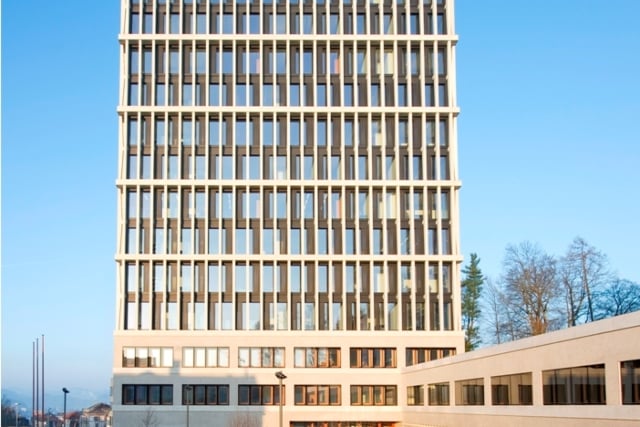The woman was born in the 1950s. When she was ten, her Swiss parents divorced and her mother married a Belgian man. She and her mother then moved to Belgium.
Under the rules of the time, the mother lost her Swiss citizenship because she did not expressly inform Swiss authorities that she wanted to keep it. Dual nationality, now commonplace in Switzerland, was not made legal in the country until 1992.
READ ALSO: Women refused Swiss citizenship for saying 'ahh' over 200 times in interview
The daughter then also lost her Swiss citizenship in the same manner after she married a Belgian.
When she was 49, the daughter moved back to Switzerland with her own daughter. She based herself in canton Vaud. However, as a single mother, she struggled to find work.
Reader poll: Should this woman and her daughter be allowed to stay in Switzerland?
Yes
No
Quiz Maker – powered by Riddle
256,000 francs in welfare benefits
By the end of 2016, she had received welfare payments totalling 265,000 Swiss francs (€242,000), according to the Swiss Federal Administrative Court.
Local authorities then decided, on the basis of her financial situation, not to renew the woman’s residence permit, which had been obtained under EU freedom of movement of rules.These rules allow EU citizens to live in Switzerland as long as they can financially support themselves.
Local authorities also decided not to renew the permit of the daughter, who was by that time an adult.
Cantonal authorities in Vaud then attempted to secure a special ‘hardship’ permit for the two women but this was rejected by the State Secretariat for Migration (SEM) in Bern.
No financial stability
The SEM stated the woman had never been financially stable in Switzerland and argued that because she had spent most of her life in Belgium, it would not be difficult for her to return there.
The migration agency also noted that while the woman's daughter had spent most of her life in Switzerland, she had not yet obtained any formal qualifications and was not financially independent.
The woman launched a legal appealed but the Federal Administrative Court has now ruled she and her daughter must leave the country.
Original citizenship 'immaterial'
The court said that the fact that the woman was originally Swiss was immaterial.
Judges recognized that both the woman and her daughter had a strong connection with Switzerland but argued that they had failed to show they were “economically integrated” – a key piece of criteria in terms of any decision to allow them to stay in the country.
The court also said the fact that the mother had now obtained part-time work and that the daughter could now be in line for a financial support for her studies had no bearing on the case.
The ruling can be appealed.
READ ALSO: An essential guide to Swiss work permits



 Please whitelist us to continue reading.
Please whitelist us to continue reading.
Member comments